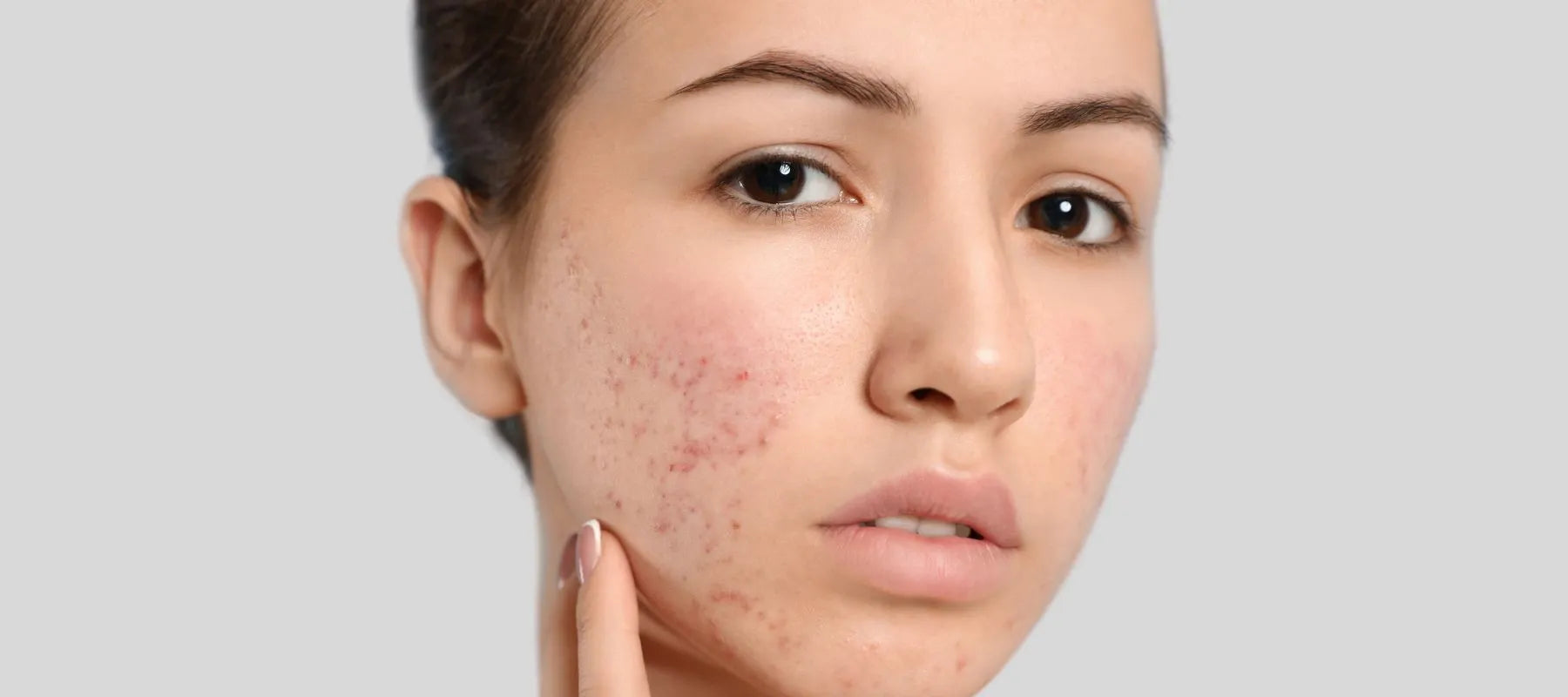
Zinc for Acne: Is It Really That Good?
Acne is one of the most common skin conditions, affecting millions worldwide. It occurs when hair follicles become clogged with oil and dead skin cells, leading to whiteheads, blackheads, pimples, and cysts. While acne is often associated with hormonal changes during puberty, it can persist well into adulthood.
Many treatment options are available for acne, including over-the-counter products, prescription medications, and natural remedies. Recently, zinc has gained attention as a potentially effective acne treatment. But does the evidence support using zinc for acne? This article will help readers take a closer look.
How Zinc Helps Acne
Zinc possesses anti-inflammatory and antibacterial properties that can benefit acne-prone skin. Additionally, zinc regulates sebum (oil) production and reduces acne-causing bacteria on the skin.
Zinc's anti-inflammatory and antibacterial properties
Zinc has anti-inflammatory effects, which can help calm redness and swelling associated with inflammatory acne conditions like papules and pustules. It also displays potent antibacterial activity against Propionibacterium acnes (P. acnes), the bacteria involved in developing acne. Skincare products containing zinc can help prevent acne breakouts and clear existing blemishes by fighting inflammation and suppressing the growth of P. acnes. The Pink Foundry's Overnight Acne Spot Corrector can help clarify the skin quickly.
Zinc's anti-inflammatory properties are mediated by inhibiting the activity of the NF-kB pathway, a key pathway involved in inflammation. Additionally, zinc's ability to limit the production of inflammatory cytokines like IL-6 and TNF-alpha contributes to its efficacy in treating inflammatory acne.
At a molecular level, zinc regulates the secretion of histamine and leukotriene, the inflammation-causing mediators responsible for acne inflammation. Topical or oral zinc intake can help alleviate redness, pain and swelling through established molecular mechanisms.
Furthermore, zinc accumulates within sebaceous glands and decreases P. acnes adhesion and colonisation. This antibacterial mechanism lowers the overall P. acnes load on acne-prone skin. With fewer acne-causing bacteria, there is a reduced likelihood of biofilm formation and recurrent infection, enabling faster healing.
Role in regulating sebum production and reducing acne-causing bacteria on the skin
Our skin contains high zinc levels, which are imperative in modulating sebum secretion. Overactive oil glands are one of the main problems behind acne formation. Zinc helps control excess oil production and keep the pores clear.
Furthermore, zinc regulates the growth and activity of bacteria that cause acne like P. acnes within hair follicle cells. Limiting the amount of this acne-promoting bacteria on your skin can lessen breakouts.
Topical Zinc for Acne: How It Works
Topical zinc formulations, like acne spot correctors, allow direct application to existing blemishes for targeted treatment. These zinc-based acne spot correctors are ideal for inflammatory papules and pustules.
The zinc works locally to dry out the lesion, reduce associated redness and swelling, and accelerate healing. Spotting and treating individual pimples directly enables better delivery of zinc's antibacterial and anti-inflammatory properties than oral supplements or face washes.
Look for spot correctors containing 1-5% zinc oxide or zinc gluconate. Applying them to the skin is also easy. Using a sterile cotton swab, gently dab a thin layer onto the affected areas after cleansing, allowing it to dry fully. The zinc will then work to dry out the affected area over the next 48 hours, reducing its size, swelling, and potential for further irritation.
Benefits of zinc in acne spot corrector
While oral zinc supplements may improve acne for some, using topical zinc products directly on blemishes can help one attain clinical success. Formulating zinc into spot treatments or creams allows targeted delivery to the affected areas. Studies show that 5% zinc oxide, frequently found in over-the-counter acne gels, helps. Benefits of including zinc in acne spot correctors include the following:
- Reduction in redness, irritation, and inflammation associated with acne lesions.
- Drying out of whiteheads and inflammatory pimples.
- Decrease in pus-filled pustule count.
- Prevention of recurring breakouts by suppressing P. acnes bacteria.
- Evidence supports the usage of topical zinc in acne medications for enhanced efficacy.
Best Zinc-Infused Products for Acne
When shopping for zinc-based acne fighters, seek over-the-counter formulas containing zinc oxide or zinc gluconate. Highly rated for acne treatment, dermatologists usually recommend zinc-infused products for treating acne. Acne spot correctors usually contain zinc picolinate, zinc gluconate, sulfur, and niacinamide to target blemishes. Using zinc-based acne spot correctors carefully can help one considerably reduce the effect of acne on their skin.
How to Use Zinc for Acne
Using skincare products containing zinc correctly is the key to seeing acne-related results. When starting zinc for acne management, one should slowly introduce an over-the-counter acne gel or cream containing zinc oxide or zinc gluconate.
Apply a thin layer to clean dry skin twice daily. Focus on spreading onto acne-prone areas and directly spot-treating existing blemishes. Allow the zinc cream to dry fully before layering other skin products.
Using zinc-based acne treatments consistently for a minimum of four weeks can help reduce the size of pimples and prevent new breakouts. Zinc can be paired with other acne medications like retinoids or benzoyl peroxide for enhanced efficacy. It is always better to check with one's dermatologist before adding new topicals to the skincare regimen. Zinc-based skin care products can achieve clear skin with consistent, proper application.
Is zinc good for acne?
Research studies indicate that zinc is beneficial for certain acne patients. But how do you properly use it as part of the skincare routine? Here is what one should know:
- Effectiveness of zinc on various types of acne: Zinc treats many different types of acne and is most effective at treating inflammation-led papules and pustules. It also helps balance hormonal fluctuations, suggesting that it improves hormonal acne. People with mild comedonal acne can benefit from zinc's sebum-regulating effect. Other prescription treatments are likely necessary for severe acne, like painful nodules or cysts.
- Zinc's role in healing acne and preventing new breakouts: Using zinc-based spot treatments directly on existing pimples can help reduce redness, swelling, and bacteria growth. Doing so can help the pimples heal faster while preventing further spread of infection. Continued use of topical zinc can also help one keep recurring breakouts at bay by controlling the overgrowth of P. acnes.
Conclusion
Zinc is emerging as an adjunct treatment for mild to moderate inflammatory acne, thanks to its multifactorial effects on acne-related skin alterations. When applied topically, zinc demonstrates clinically proven success at improving the existing pimples and preventing new ones from forming.
While not a standalone acne cure, supplementing your skincare regimen with over-the-counter zinc creams or gels can offer additional benefits. It can be better to speak to the dermatologist about whether adding a zinc-infused product makes sense for one's acne type and severity.
Frequently Asked Questions
This section covers the most frequently asked questions on using zinc for acne:
Q1: Can zinc help with acne scars?
Some early research shows promise for using oral zinc supplements to minimise acne scarring. Zinc assists wound healing and stimulates collagen production, both essential for the remodelling of scars. More studies are needed on the topic before definitive recommendations can be made.
Q2: How long does it take for zinc to reduce acne?
Like any treatment, consistency holds the key. It can take 4-6 weeks of continued zinc application to notice improvements in the existing acne condition. It can be better to use one's zinc cream twice daily over the full treatment course for optimal results.
Q3: Can zinc be used with other acne treatments?
Zinc usually works well alongside common acne therapies like retinoids, benzoyl peroxide, antibiotics, and salicylic acid. In fact, combining prescription medications with over-the-counter zinc can lead to better outcomes than using either of the treatments alone. Just be sure to introduce new products slowly to check for irritation.



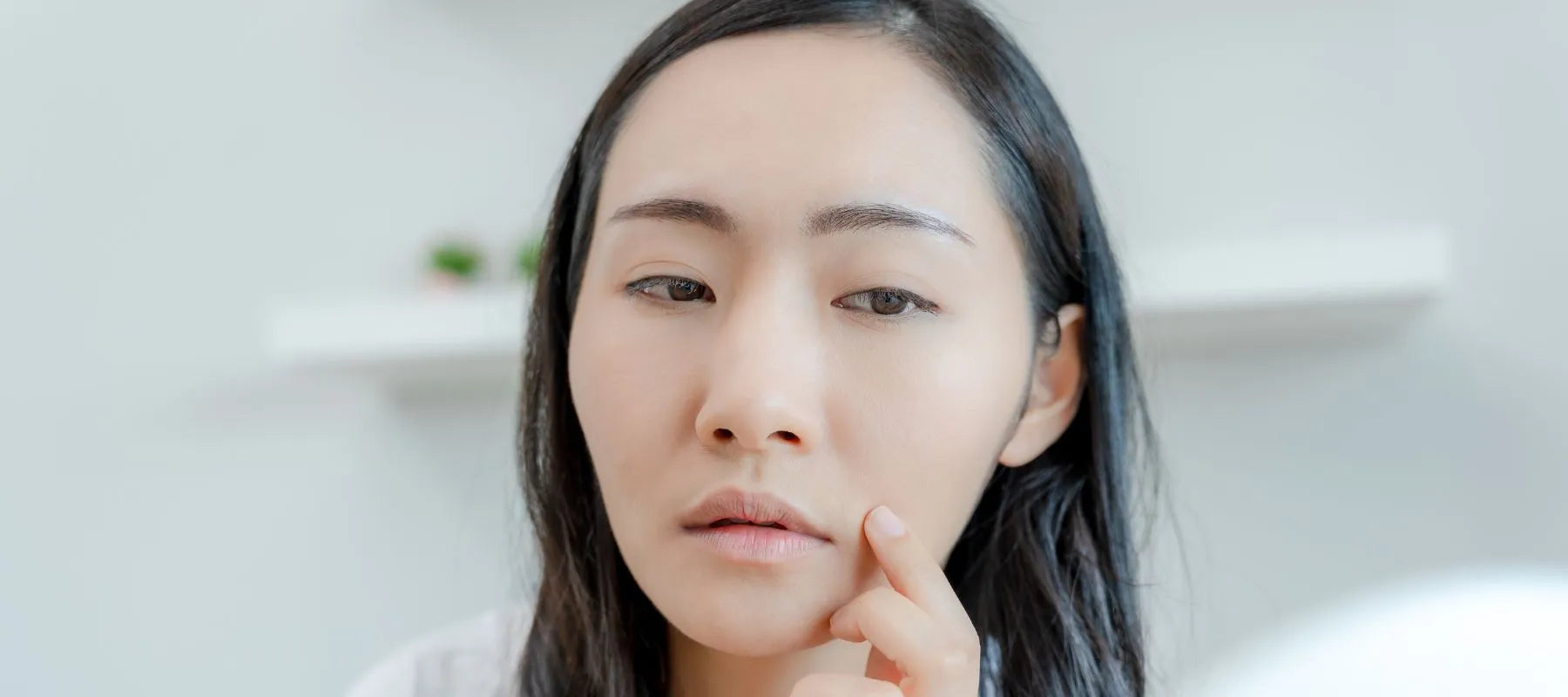



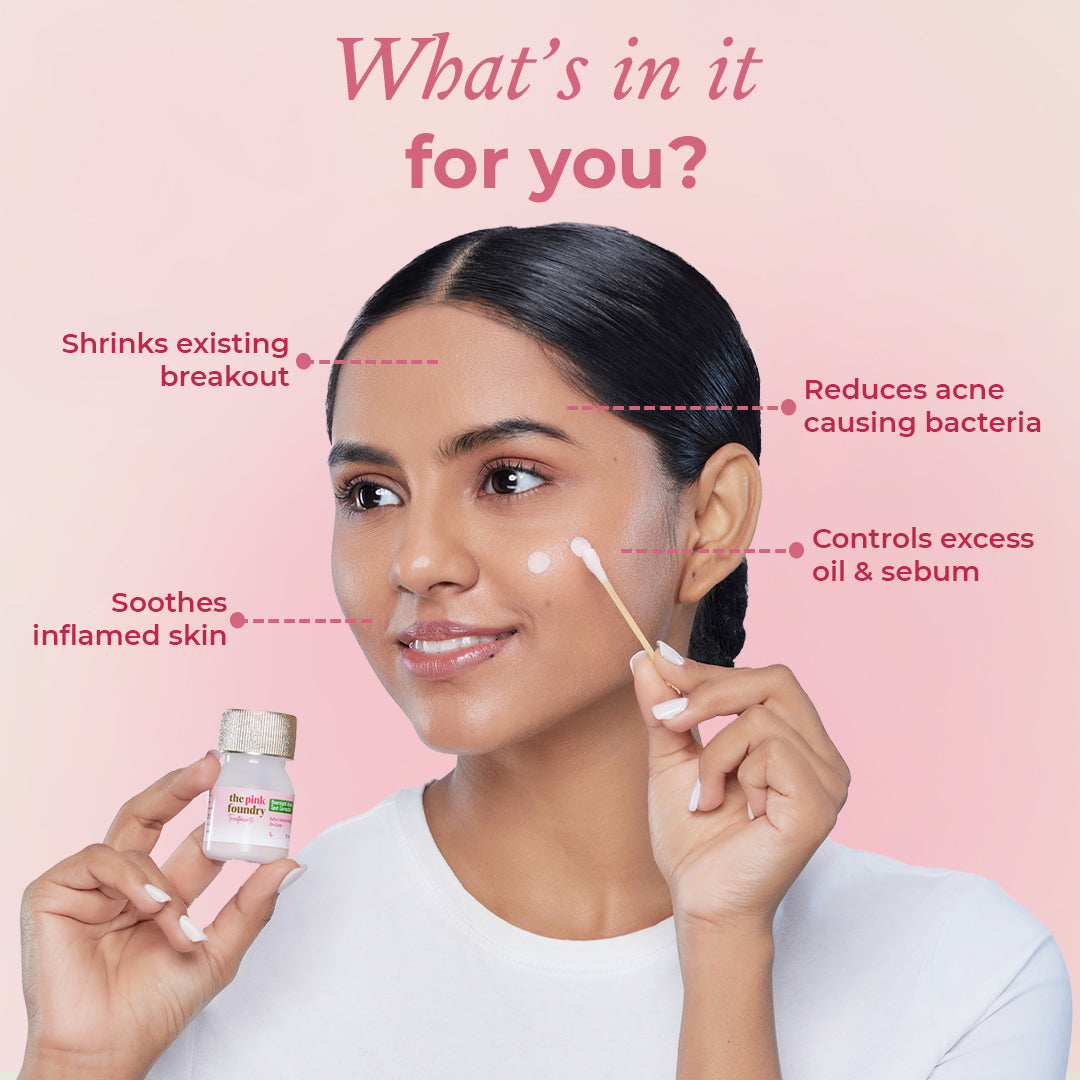
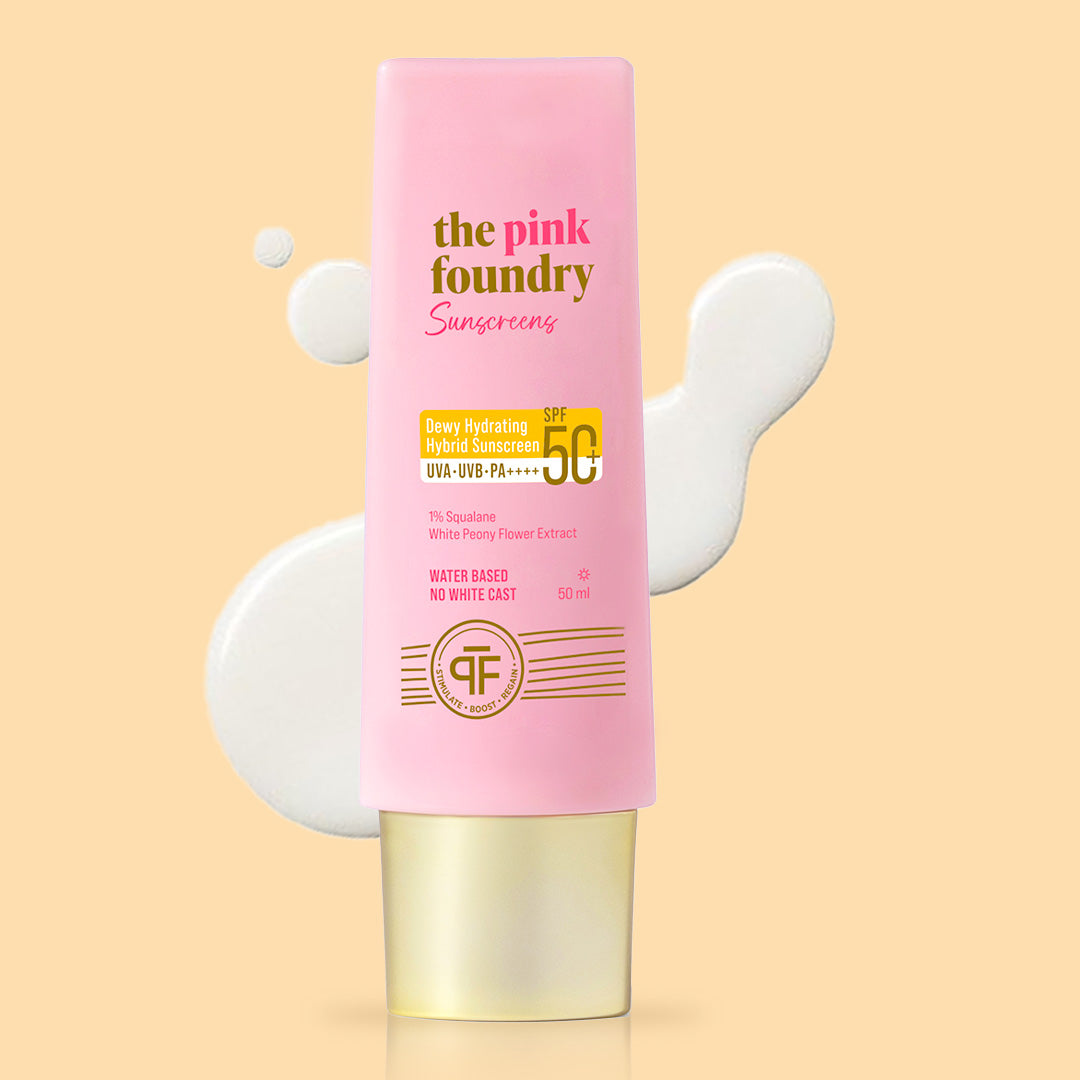
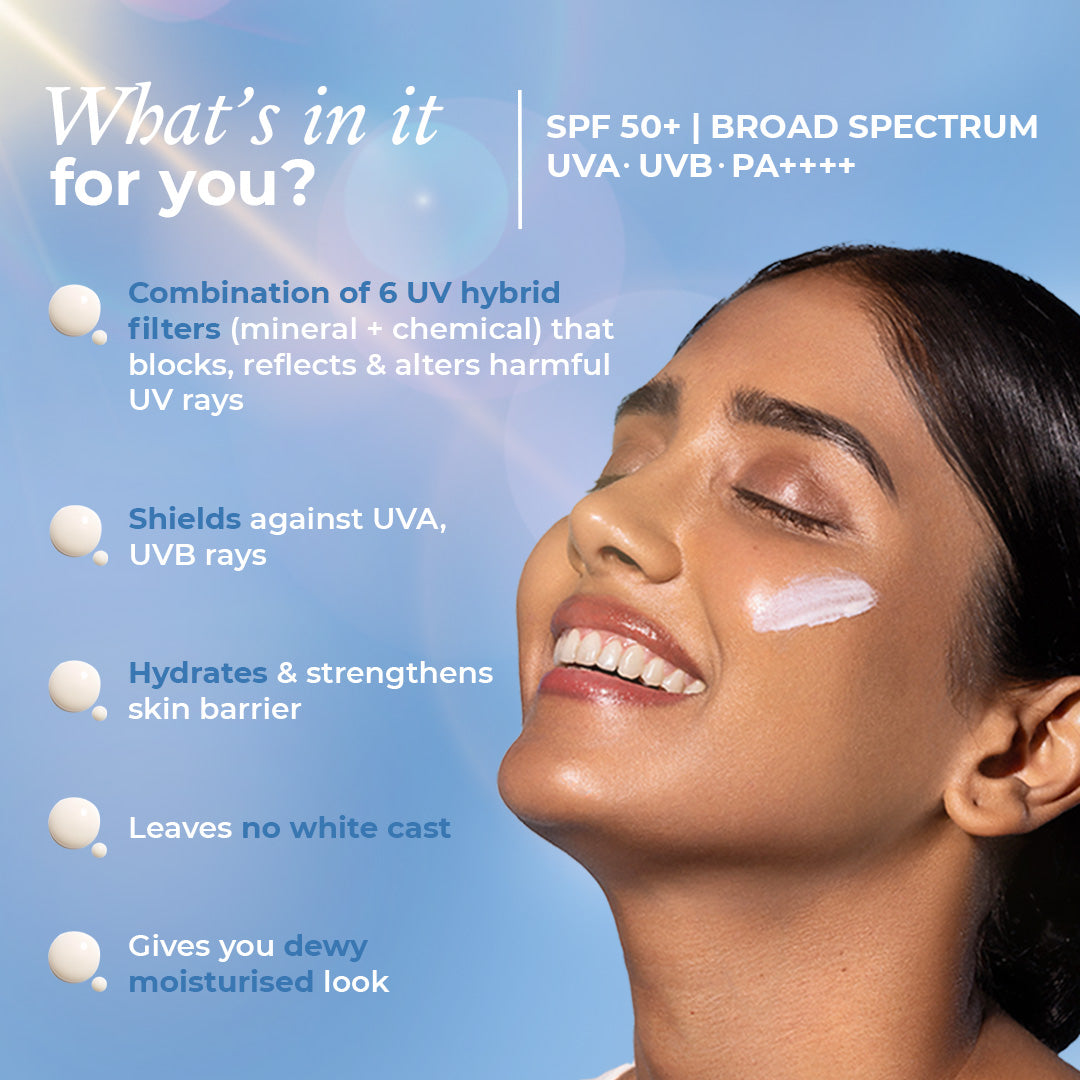


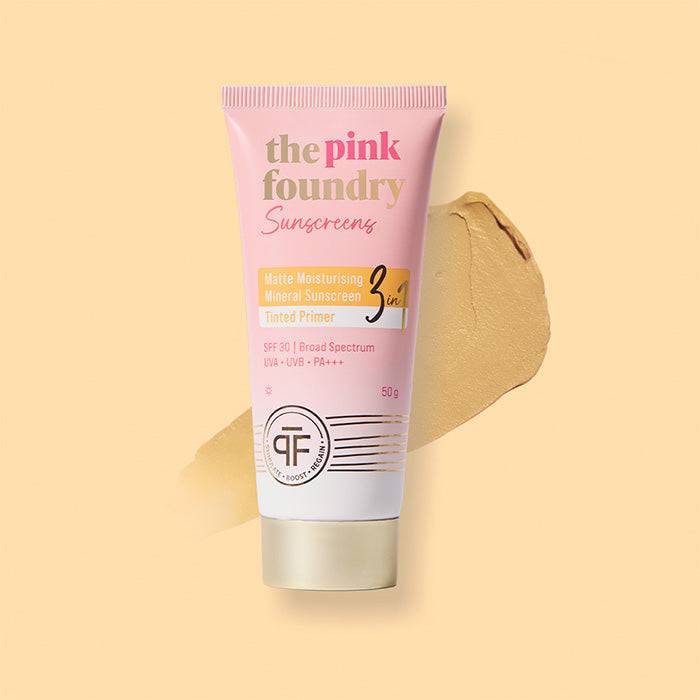
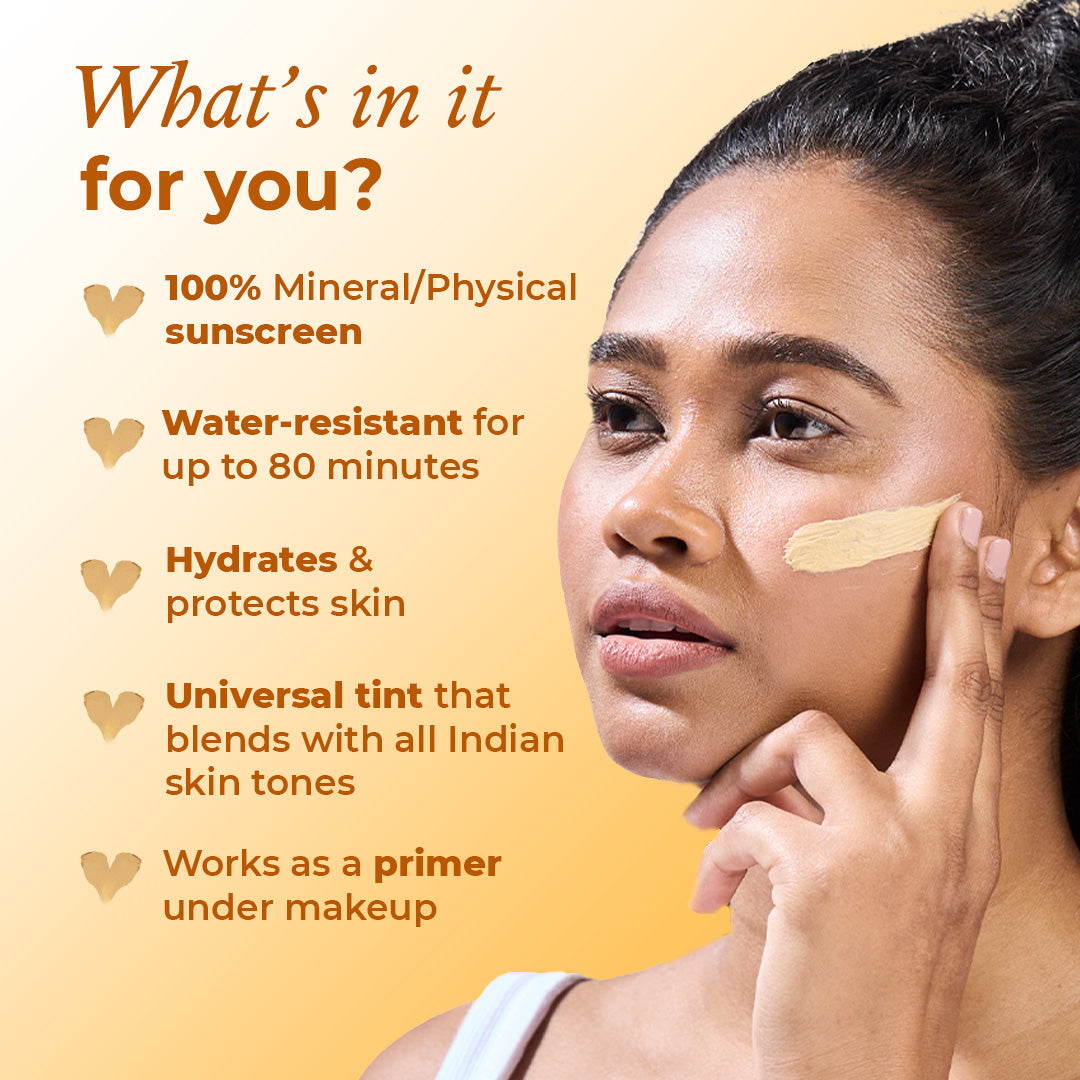



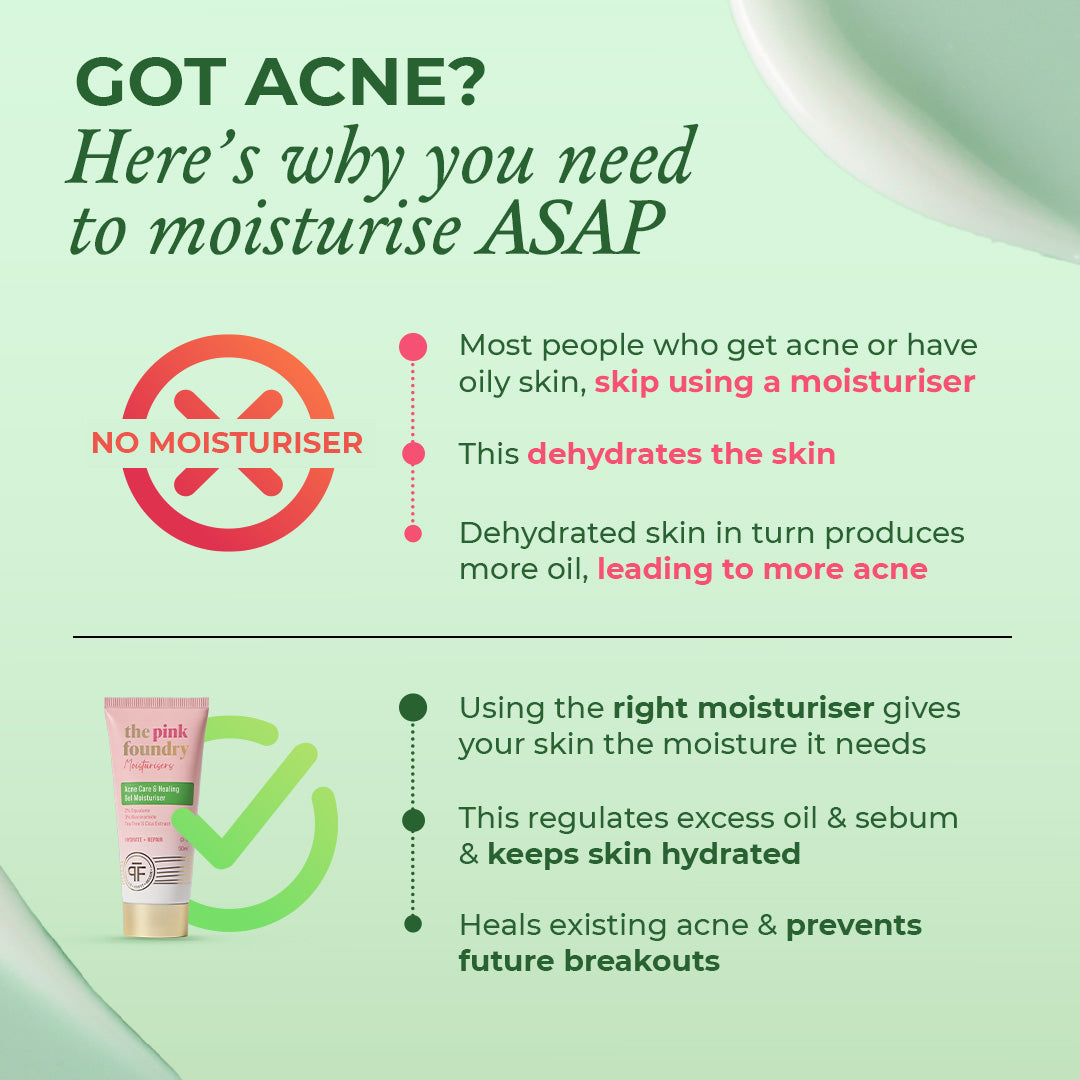
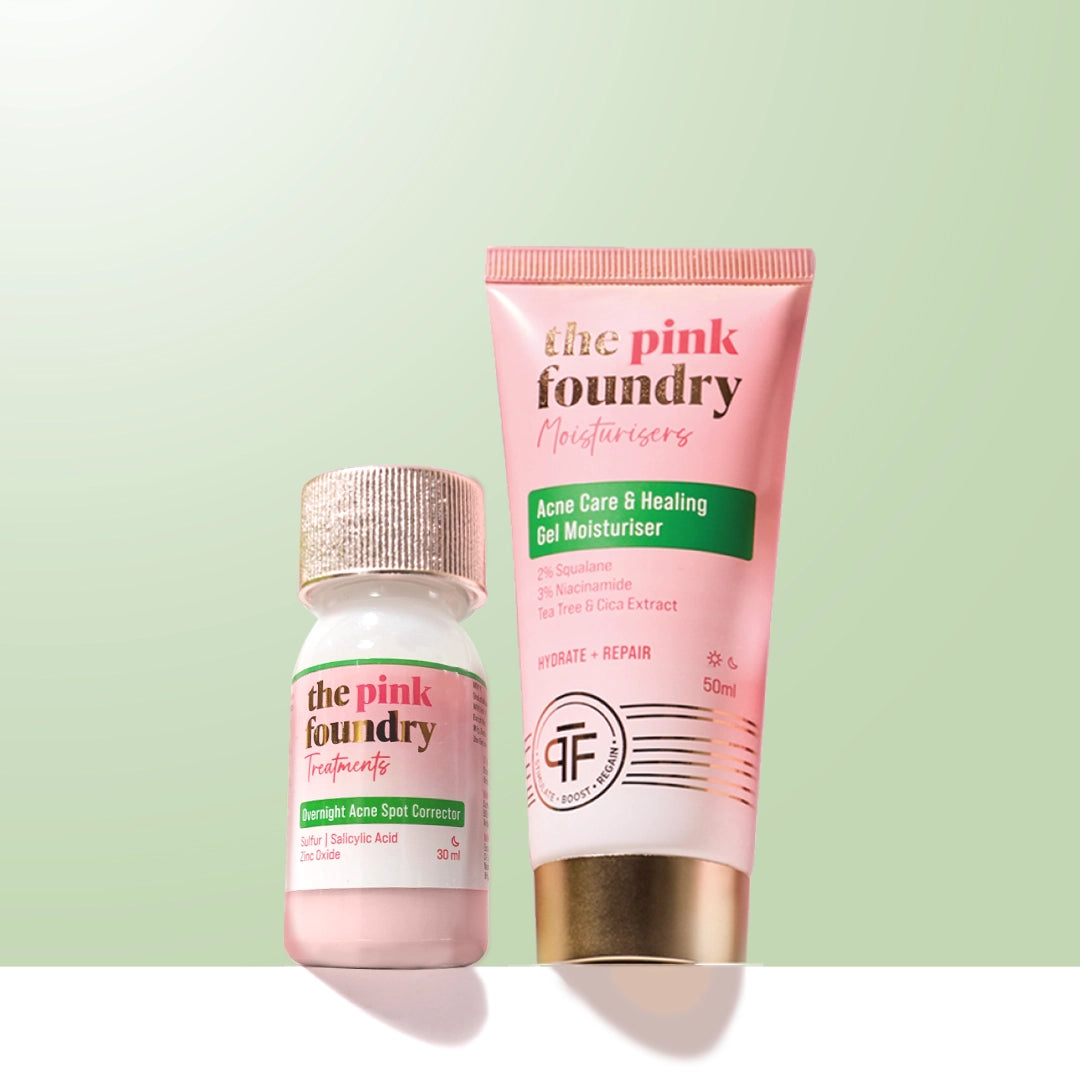
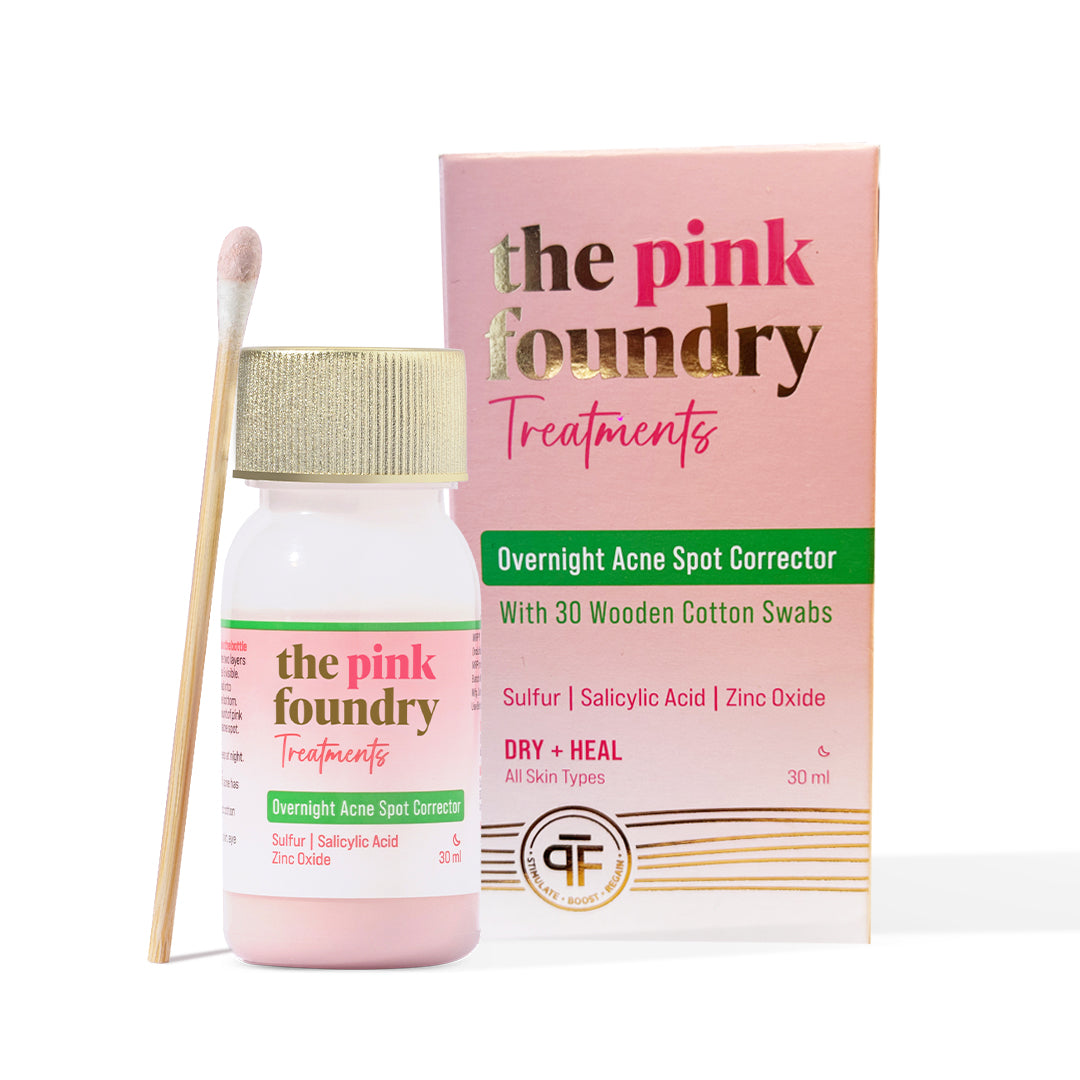
Leave a comment
This site is protected by hCaptcha and the hCaptcha Privacy Policy and Terms of Service apply.